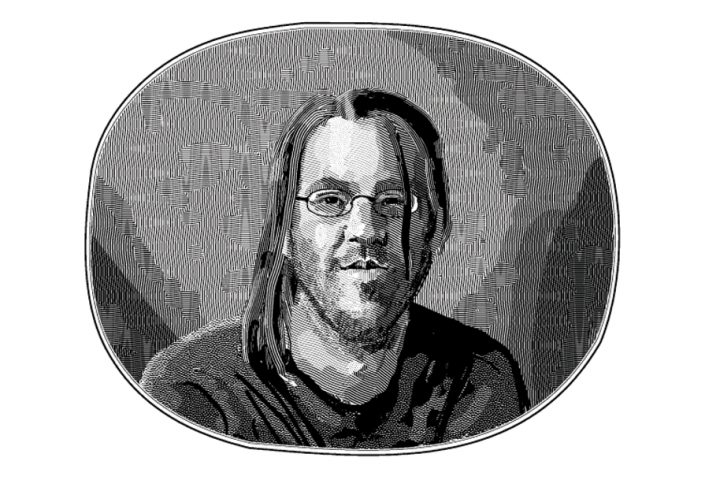At a press conference shortly after the 2008 election, President-elect Obama was asked if he was appointing to his administration too many Washington insiders and retreads from the Clinton Administration, including Hillary Clinton as secretary of state. Not at all, he replied. The important thing was that the change the American people had voted for would be infused into his administration from the top down. Le changement c'est moi!—I am the Change, he said in effect. "Understand where the vision for change comes from, first and foremost. It comes from me," he explained. "That's my job, is to provide the vision in terms of where we are going, and to make sure, then, that my team is implementing." By change he meant not only the promised departures from George W. Bush's public policies, the fresh "ten-point programs" any new administration could be counted on to produce, but the changement radical he had promised: "fundamentally transforming the United States of America." Nothing less than that would meet history's test.
He never lacked self-confidence, of course. "I think I'm a better speech writer than my speechwriters," he reportedly told an aide earlier that year. "I know more about policies on any particular issue than my policy directors. And I'll tell you right now that I'm…a better political director than my political director." Four years before, as he was beginning his epic rise, he assured a Chicago Tribune reporter that "I'm LeBron, baby. I can play at this level. I got game." LeBron James has plenty of game but, so far at least, no NBA championship rings, so here was a rare case of Obama underestimating himself. He's proven he has more game, politically speaking, than LeBron. And he's going to bring it all to this year's election.
Although he hasn't succeeded yet in transforming the country, Obama has found it comparatively easy to transform himself. One moment he's a liberal divider, the next a post-partisan uniter. One minute he's denouncing millionaires for not paying their fair share of taxes, the next he's reassuring us that we're all in this together and "class warfare," as the Republicans call it, is the farthest thing from his mind. For a striking example of how expertly he can change—up his political game, compare his recent State of the Union address to last year's. Several observers have noted that Obama repeated himself this year, borrowing or paraphrasing language from the 2011 address and even from 2010's. It isn't plagiarism to repeat yourself, though it bespeaks a certain laziness, particularly when you have a team of writers. For example, in 2011 he said, "Now, I strongly believe that we should take on, once and for all, the issue of illegal immigration." In 2012: "I believe as strongly as ever that we should take on illegal immigration." Perhaps he needs to hire some illegals as speechwriters, to do the job that American wordsmiths just won't do anymore. At least then they won't be undocumented.
* * *
More important than the similarities, however, are the differences. Last year's theme was "win the future," a wingless phrase belabored at least nine times in the speech. This year's was unstated but obvious: win the election. Last year's argued that to win the future, Americans have to reinvent themselves, accept that most manufacturing jobs are gone for good, and accede to "the demands of a new age," which meant re-educating the workforce for careers in high-tech fields like "biomedical research, information technology, and especially clean energy technology." "This is our generation's Sputnik moment," he proclaimed, reaching back two generations for a phrase to describe the challenges of the new age. In this year's message, his top priority was to revive American manufacturing; and "built to last," a phrase from Chevrolet ads, became his new mantra. The switch had something to do with Mitt Romney, the millionaire with good tax advisers who comes from Michigan, sort of, who denounced the auto bailout, and whom Obama expects to face next November.
"Can you blame [Americans] for feeling a little cynical?" he asked, apropos of something else. Not really, because nothing generates cynicism like the change game, and no one plays it as well as Obama.


